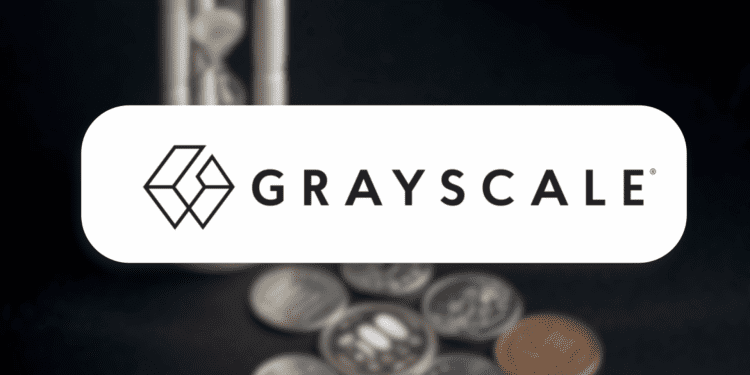• Grayscale is planning to launch a new Bitcoin mini-trust with a groundbreaking fee of 0.15%
• This new offering would undercut the current lowest-cost spot bitcoin ETF, the Franklin Bitcoin ETF (EZBC), which charges a 0.19% fee
• The move comes following significant outflows from Grayscale’s Bitcoin Trust (GBTC) due to its high 1.5% fee compared to lower fees offered by competing ETFs
Grayscale Investments is planning to launch a new Bitcoin mini-trust with a 0.15% fee, undercutting the lowest-cost spot bitcoin ETF currently on the market. This strategic pivot to a lower-fee product could help Grayscale revive investment inflows after significant outflows from its flagship Grayscale Bitcoin Trust (GBTC) product.
Grayscale Bitcoin Trust sees large outflows
The Grayscale Bitcoin Trust (GBTC) has seen significant outflows recently, with its Bitcoin holdings dropping from 622,000 BTC before the launch of spot bitcoin ETFs on January 11, 2022, to around 300,000 BTC as of April 19.
The high 1.5% fee associated with GBTC, compared to lower fees offered by competing ETFs, has been a key driver of these outflows. However, the proposed mini-trust could provide a tax-efficient way for investors to convert their holdings, as the transition would not trigger a taxable event.
This is particularly attractive for investors sitting on substantial unrealized gains in GBTC due to the product’s significant discount over the years. Converting to the lower-fee mini-trust allows investors to maintain Bitcoin exposure while cutting costs.
New mini-trust to offer lowest fee among spot bitcoin ETFs
According to a recent SEC filing, Grayscale will contribute 63,204 BTC to the new trust, with 69,237,010 shares of the trust distributed to existing GBTC shareholders.
The filing states the sponsor’s fee for the new trust will be set at 0.15%, positioning it as the most cost-effective spot bitcoin ETF option currently available.
The lowest-fee bitcoin ETF right now is the Franklin Bitcoin ETF (EBIT), which charges 0.19%. While the 0.15% fee structure for the new trust is not guaranteed, the filing signals Grayscale’s intent to undercut competitors on fees.
Lower fees could drive inflows from investors seeking Bitcoin exposure at the lowest cost. However, the mini-trust format means the product will not be as easily accessible as existing ETFs. The mini-trust and fee structure still require SEC approval.
Conclusion
By launching a lower-fee bitcoin product, Grayscale is responding to competitive pressures from spot bitcoin ETFs that have eroded demand for GBTC. While the mini-trust format comes with some drawbacks, the 0.15% fee could attract significant inflows if approved by regulators. Lower fees combined with Grayscale’s trusted brand could help the firm regain its dominance in offering Bitcoin exposure to institutional investors.














